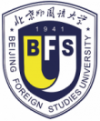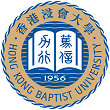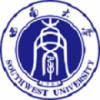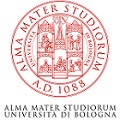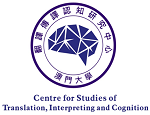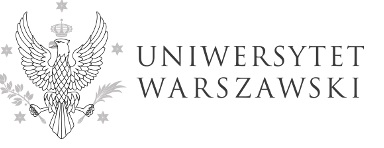Même si, dans le domaine de la traduction, les compétences instrumentale et technique revêtent une grande importance pour les profils et les modèles de compétence, la recherche cognitive systématique a commencé depuis peu seulement à analyser la façon dont elles se développent et peuvent être encouragées et de quelle manière les technologies, les ressources documentaires et les outils influencent les pratiques des traducteurs et leurs processus de traduction sur le lieu de travail. Dans cet article, nous présentons les phases initiales d’un projet axé sur le processus qui examine, sur leur lieu de travail, le comportement technique et documentaire de professionnels et d’étudiants en traduction. Nous signalons dans quelle mesure une recherche de ce genre peut aider à identifier les problèmes ergonomiques potentiels inhérents au modèle de l’interface utilisateur, y compris ceux liés aux aides standardisées à la traduction, tells que les dictionnaires en ligne facilement disponibles. Ces derniers peuvent nuire à l’efficacitémtraductionnelle en ralentissant le processus de traduction tout en diminuant la qualité du résultat, en particulier chez les débutants. Des instructions ciblées, concernant les competences technique et instrumentale, pourraient sans doute pallier ces effets. Ainsi, en attirant l’attention du traducteur sur les pièges potentiels d’une utilisation inconditionnelle de la technologie et en lui apprenant à optimiser ses pratiques de travail, pourrait-on l’aider à satisfaire ses besoins ergonomiques.
Although technical and instrumental competence feature prominently in translation competence models and profiles, systematic cognitive research has only recently focused on how they develop, how they can be fostered, and how today’s technologies, tools and information resources are impacting on the workplace processes and practices of translators. In this paper, we report on the initial phases of a process-oriented research project investigating student and professional translators’ technical and information behaviour in the workplace. We indicate how research of this kind can help identify potential ergonomic problems inherent in the design of user interfaces, including those of standardised translation aids such as readily available online dictionaries. These can impede the efficiency of translation by both slowing down the translation process and diminishing the quality of the product, particularly amongst beginners. It is suggested that targeted instruction in technical and instrumental competence can counteract these effects, for example by raising translators’ awareness of the potential pitfalls of indiscriminate use of technology, teaching them how to optimise their workplace practices and thus helping them to meet their ergonomic needs.




